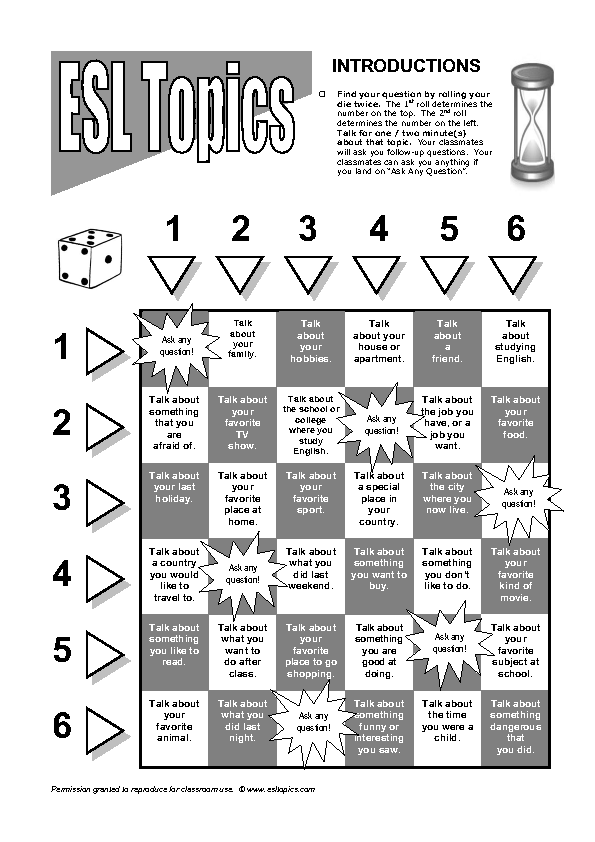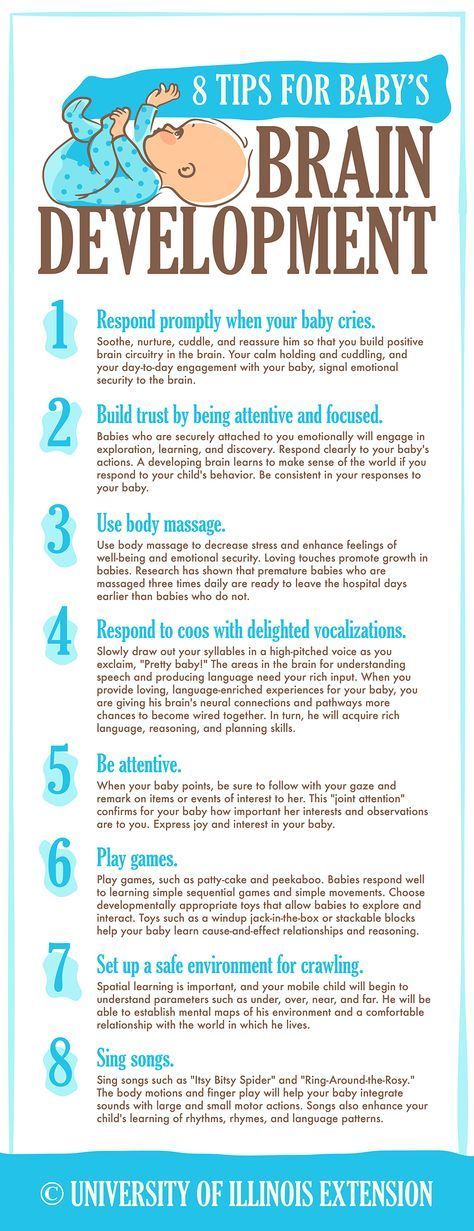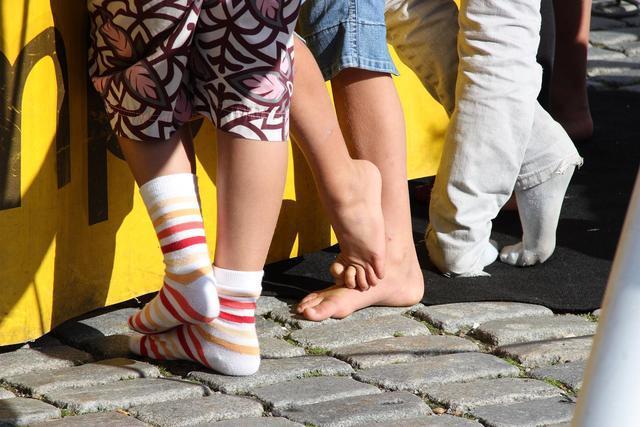How to make studies interesting for a child
8 Tips to Provoke Your Kids' Interest in Studying
Kids may often find studying quite dull and hard to develop an interest in doing. They will need your help and guidance on the academic path.
As a primary educator for your children, it is your job to encourage your kids to develop an interest in their studies. In this article, we shall explore eight ways in which you can ensure your kids generate interest in studying from the earliest stage possible.
Compliment your child
Your kids are susceptible to what you think of them. Most of the time, they will engage in activities with the perspective of impressing you.
When you notice your kid taking an interest in new books or has just started reading something new, give them some sincere compliments like “That is great!” or “Good job!” Compliments will be a significant boost to them keeping the newfound activity and give them the comfort that you approve of them.
Make your child feel great at what they are doing and that you are proud of them. This is a feeling that children treasure so much. This attitude gives them hope and they would want to continue reading just to impress you.
Explore interesting subjects
Children tend to have variable feelings towards different things. They develop different likes and dislikes for many reasons. The baseline is that when children learn about something that intrigues their interest, they get excited learning about it. This feeling is very vital in the effort of making the learning process for your kid smooth.
Be keen and take note of the things that interest your child. You can ask their opinion on different topics to gauge which interest them most and which they do not like.
Select reading materials themed around the areas of interest and avoid those with issues they dislike. Find ways of boosting their investments in the areas that they like most.
Music and games
Children have very creative and artistic minds. Music and games form the center stage to expressed creativity through art. Infusing educational material into music and games makes it more receivable and enjoyable for your kids.
Infusing educational material into music and games makes it more receivable and enjoyable for your kids.
The rhyme in music aids creates order in the way that they receive and understand concepts. This aspect is excellent for ensuring that your kids will collect and store the lesson that you’re teaching in the particular song or game.
Common knowledge like the name of states can be easily taught using interesting songs. The kids will learn the song and enjoy it first before they can understand the message in it which will naturally come by later on, making them enjoy the songs further.
Thousands of websites offer captivating games for children designed to teach them the fundamentals of the learning process like typing, matching correct figures, spelling and math challenges, and so on. Let them explore some of these games to help them develop an interest in learning. These activities will help reduce the stress in the learning process while making it fun and enjoyable at the same time.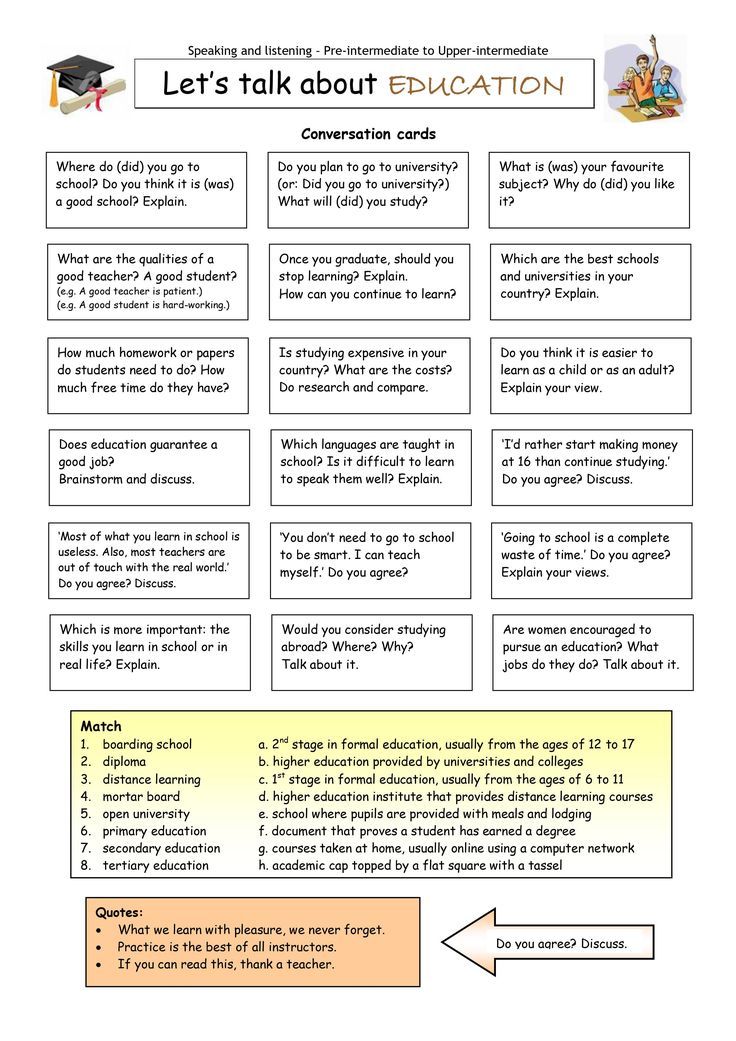
Rewards
Rewards are cherished phenomena across all societies. Children particularly adore rewards and tend to seek one in everything that they do, or find things to do to earn one. The aspect of awards can be applied in the effort of building and fostering the interests of children in learning.
Children are very simple thinkers and can take pleasure in simple possessions. What matters is the recognition of excelling in something. A piece of candy for answering a math problem, or giving them short breaks to do a hobby, an extra candy bar, bonus video game or playtime does the trick.
Daily reading routine
Reading is a perfect way of arousing a kid’s interest in studying as it is the core practice in learning. Cultivating the interest of reading is a sure way of making your kids comfortable in the process of studying. Reading is particularly vital in exciting their imaginations especially through reading fictional stories.
Take the time to read a bedtime story to your kids as often as you possibly can and let them occasionally read you a story. Their storytelling skills will be sharpened, and studying subjects like History will be more natural.
Their storytelling skills will be sharpened, and studying subjects like History will be more natural.
Through reading, the kids will be able to understand the contexts of knowledge, and this is what you should focus on to ensure that your kids find studying interesting.
Freedom of choice
You can make your kids feel more in control of their learning in the effort of making the process more interesting to them. When people feel free, even in the adult world, they are more productive. Incorporating this aspect in your kids’ studies can be a positive way of boosting their interest in studying.
Letting them choose what to work on will make them indulge more in the particular activity that they want. Allowing your kids to choose from a preselected list of events can ensure they feel the freedom, but they are selecting from a determined source. This process aims to make them think about their studies.
Remove distractions
Kids get distracted from studying in a blink.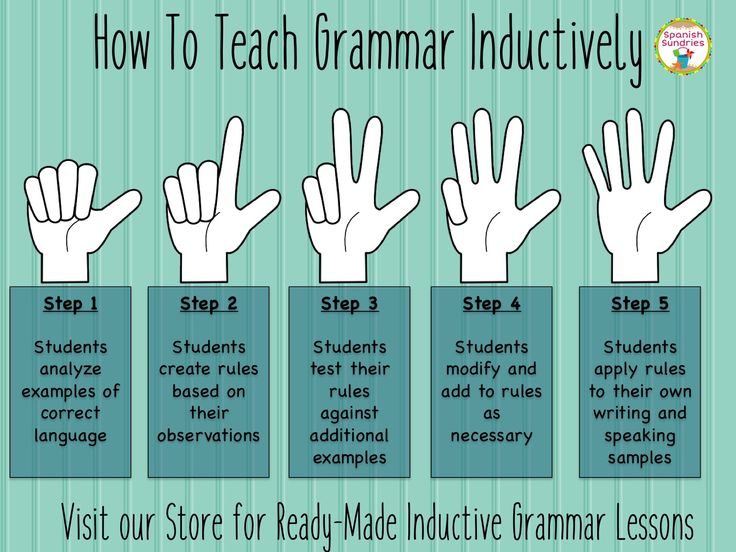 They can get distracted by any minute detail in the tiniest instance. Concentrating on the boring studies is going to be a challenging milestone to achieve if you throw in video games and TV. Under such circumstances, they will not be able to concentrate on reading anything to develop some interest in it.
They can get distracted by any minute detail in the tiniest instance. Concentrating on the boring studies is going to be a challenging milestone to achieve if you throw in video games and TV. Under such circumstances, they will not be able to concentrate on reading anything to develop some interest in it.
Provide sound learning environments for your kids to study. Ensure they have a comfortable desk and chair for study so that they can do so with ease.
Teach consequences
Teach the consequences of not studying to your kids as early as possible. Make them see how apparent studying is and how inevitable it is to their lives.
Teach them through the simple tasks that you give them at home. In school, they should understand the targets and milestones. For every achievement that they fail to attain, there should be consequences which should be uncomfortable but constructive, like summer classes.
They will learn to pay more attention to studying to avoid the uncomfortable consequences of failing in studies.
The bottom line: Make it fun & start early
You can make studying a fun and enjoyable process for your kids. If done at the earliest stage possible, it will ensure most of the school days for your kids will be bearable. Follow these tips, and you will see the benefits soon. Keep consulting with your circles and researching on the web for more tips.
Author's Bio:
Richard Nolan is a professional educator and team building coach, sharing his experience in spheres of writing, blogging, entrepreneurship, and psychology. Richard writes for numerous blogs and gives useful tips for bloggers and students. Currently, Richard works as a general blog editor for EliteEssayWriters.
20 Highly Effective Tips on How to Make Children Study
As parents we expect our children to do well in all spheres of life. However, we may put our child under the burden of unnecessary expectations. These expectations may sometimes create an aversion from studies. Therefore, what should you do to encourage your child to study without causing a protest? The following article explains how to make your child interested in studying.
Video: How to Make Your Child Interested in Studying (10 Best Ways)
Best Ways to Motivate your Kids to Study
In today’s world where everyone wishes to excel, we, as parents, also face undue stress to encourage our kid to study well and perform well in academics too. We will discuss the best ways of encouraging children to learn and study:
1. Sit With Your Kid
The best thing that you can do as a parent for motivating your kid to study is by sitting with him when he sits for studying. However, refrain from using your mobile or laptop. Instead, do your pending office work or read a book.
2. Lay Stress on Learning and Not Grades
Though good grades are important to score, if your kid is struggling with getting good grades, it will be a good idea to shift his focus to learning.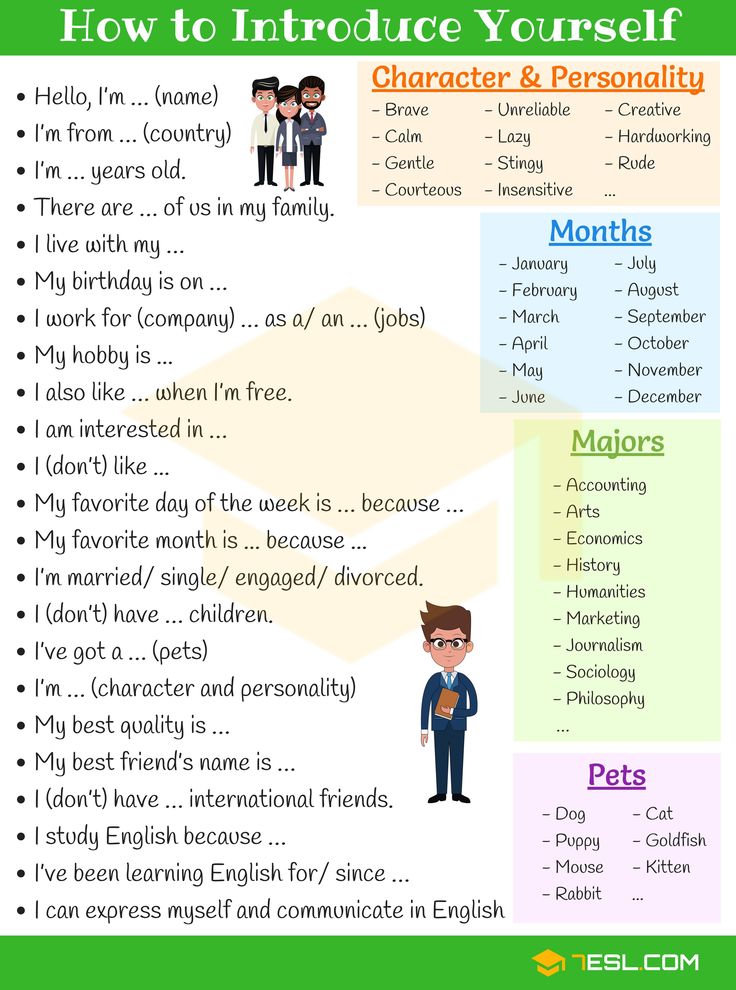 Ask him about day to day activities in the class and what he learnt in the class.
Ask him about day to day activities in the class and what he learnt in the class.
3. Be on Your Kid’s Side
Do not put pressure on your kid to score well or get better grades. Be nice and gentle with him and try and understand things from his perspective. Try to make your kid responsible towards his studies in a positive manner, as any kind of negativity may make a rebel out of him and this could make him relent and defy you.
4. Discuss Studies
Talk to kid about what he did in every subject in the class on each day. Asking him about it will keep him more alert in the class. Know about his favourite subject, favourite class and favourite teacher too.
5. Make a Study Schedule
Anything that is followed and done in a systematic manner always yield a positive outcome and the same goes for studies. Make a schedule and adhere to it. Studying does not require doing homework only rather you should keep time for revising the concepts and lessons taught in the class on each day.
6. Create Environment for Studying
Make sure there are no distractions such as loud noises, television, and another sibling playing etc. in the close vicinity of where your child sits for studying. A child has an extremely low attention span and may get easily distracted and loses interest in studies.
7. Talk to the Teacher
If you notice that your child has bad grades in a particular subject or is hesitant to study a subject, you may get in touch with the concerned teacher. Together, the teacher and the parents can make strategies to develop a kid’s interest in that subject or improve the grades.
8. Follow Your Kid’s Learning Style
It is very important that you understand what kind of a learner your kid is, and that is, auditory, visual or kinesthetic. You may adopt study schedule based on your kid’s preference.
9. Make Study Goals Together
It is a good idea to set goals that achievable and can be achieved with dedication and hard work.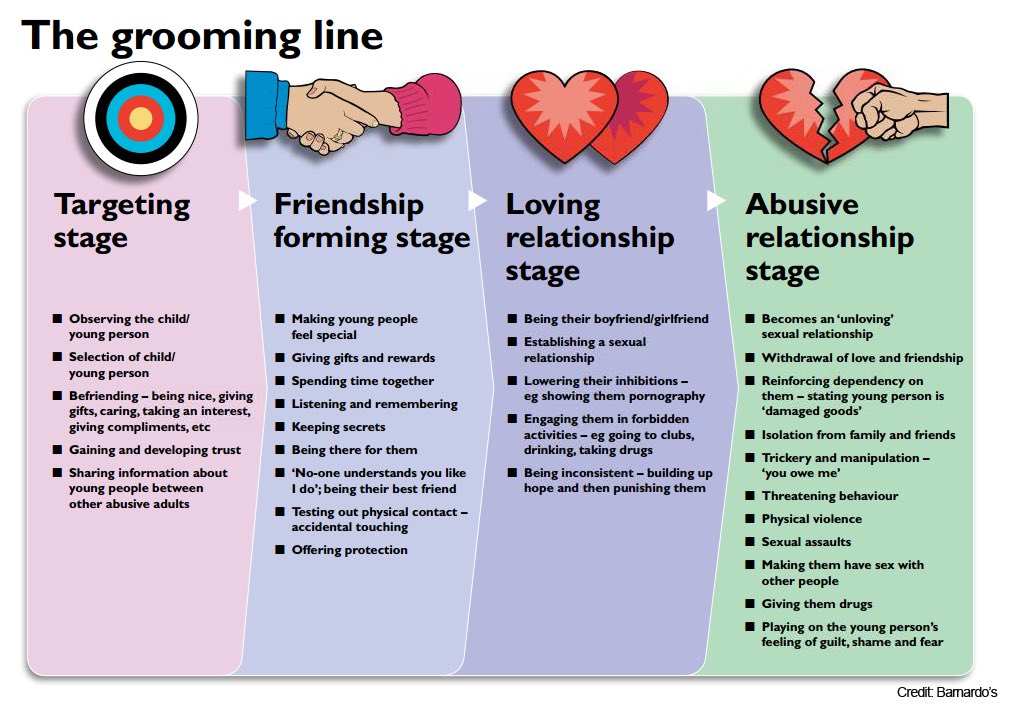 You may make short term, medium-term and long term studying goals with your kid so that he stays motivated and also can track his progress.
You may make short term, medium-term and long term studying goals with your kid so that he stays motivated and also can track his progress.
10. Listen to Their Opinion
It is very important to listen and respect your child’s opinions even if at times you feel he is incorrect. Letting your kid voice his opinion on various subjects helps to build his confidence. Tell your kid to give proper reasoning for his arguments as well.
11. Help Them Learn From Failure
Failures are a part of life and are not the end of the world. Even if your kid gets low grades, refrain from scolding or comparing him to his friends or peers. He may already be feeling too low. Encourage and empathise with your kid and tell him it is okay to make mistakes and learn from them.
12. Make Your Child More Involved
It will be a good idea to involve your kid into buying his studying material like study table, stationery, the table cover or many other things that your kid associates with studying.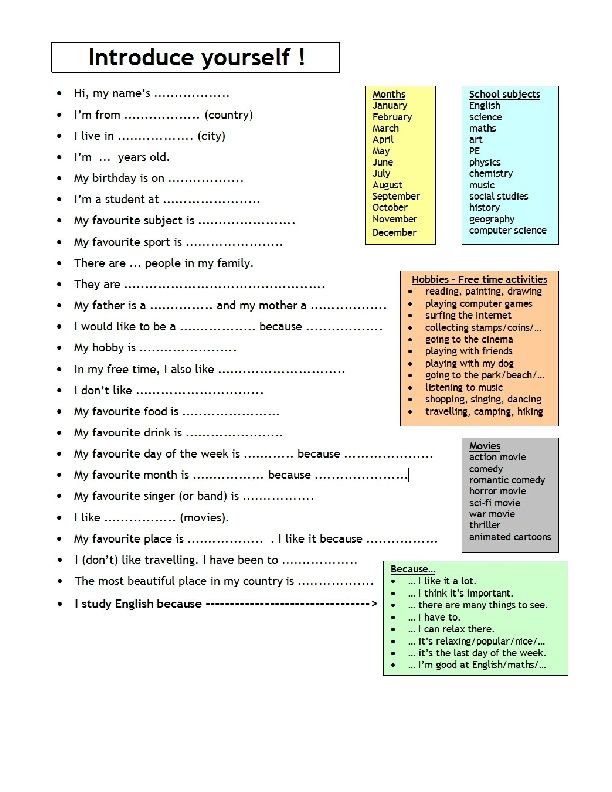 This way your kid feels more involved and this may trigger his interest in studying too.
This way your kid feels more involved and this may trigger his interest in studying too.
13. Refrain From Lecturing Your Child
All parents want to protect and do the best for their children. This may often lead to lecturing their kids about what is right and what is wrong with them. Refrain from doing this, as too much verbal bashing may eventually lead to disinterested kids. Give crisp and clear instruction to your kid rather than scolding, manipulation or threatening them.
14. Acknowledge All Achievements
Everyone likes a pat on his back every now and then, and so do the kids. It is very important that you acknowledge and appreciate even the smallest achievement of your kid. This not only makes him happy but keeps him motivated to do well.
15. Reading Habit
It is very important that you instil a reading habit in your kid. It is often seen that kids who enjoy reading usually like studying too. You may lead by example and create a conducive environment in your house, or even better you may make a reading schedule.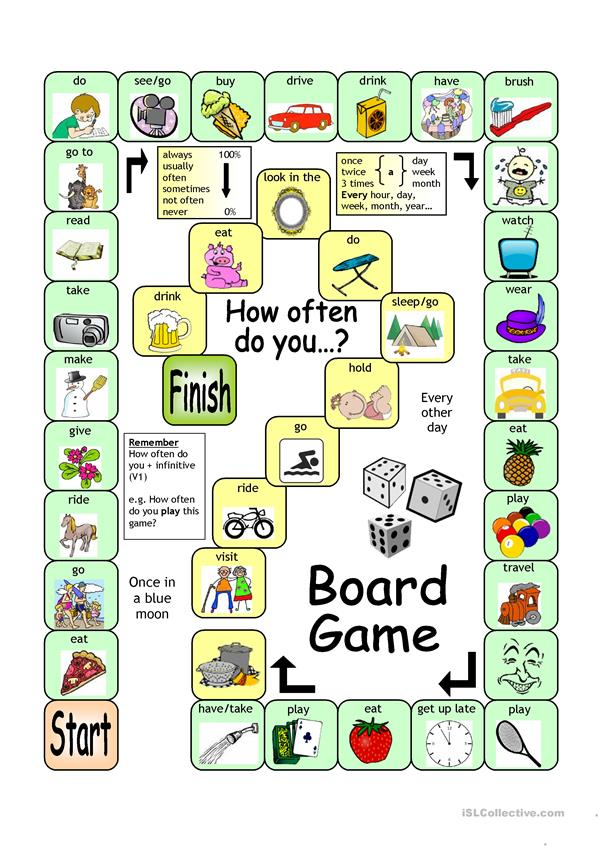
16. Be Firm and Disciplined
Being disciplined and firm in your teaching ways are suggested. Though that does not mean that you become manipulative and demanding. The key is to strike the perfect balance is to create a positive and conducive studying atmosphere at home.
17. Refrain From Bribing Your Child
Appreciation and reward are a positive aspect of inculcating good studying habit in a child. However, you should avoid bribing your kid. This may solve a problem temporarily and may not interest your kid to study with passion.
18. Try Storytelling
You may develop your kid’s interest in studying by constructive storytelling. You may tell him moral stories that lay stress on the importance of studies and education in life.
19. Make Study Time a Fun Time
Parents often make a mistake by punishing their children and then telling them to study. Children assume that it is their parent’s way of punishing them. You can make study time a fun time and tell your kid’s to enjoy it. Spend more time studying together rather than leaving your kid alone in the room for studying.
Spend more time studying together rather than leaving your kid alone in the room for studying.
20. Help Your Kid
Help your kid whenever he requires it or gets stuck up somewhere with his lessons. Do not get angry if he asks to clear his doubt number of times. Be patient and gentle with your kid’s doubts and queries.
Do not let your kid feel tensed or stressed while studying, as this attitude may make him despise studying altogether. Encourage and pep up your child’s morale and confidence at every stage for him to come out as a go-getter.
Also Read
Tips To Improve Kid’s Handwriting
Tips To Teach English To Your Child
Number Recognition Activities for Kids
7 ways to make studying more fun - Ucheba.ru
College of Economic International Relations
For graduates of 9th and 11th grades.
Higher education online
Federal project of distance education. nine0005
nine0005
I would go to the oil industry!
Take the test, find out your future profession and how to get it.
Future technologies
Get inspired to become a cool engineer to change the world
Student projects
Moscow Polytechnic University students talk about their inventions
Chemistry and Biotechnology at RTU MIREA nine0003
120 years of training experience
International College of Arts and Communications
MKIK - modern college
English
Together with Wall Street English experts, we decided to talk about English in a way that would make you want to learn it.
15 rules of safe behavior on the Internet
Simple but important rules for safe online behavior. nine0005
Olympiads for schoolchildren
List, calendar, levels, benefits.
First economic
We talk about what lives and how the REU named after G.V. Plekhanov.
Ticket to Holland
Participate in the competition and win a trip to Holland to study at one of the summer schools at Radboud University.
nine0002 Digital HeroesThey create Internet services, social networks, games and applications that are used daily by millions of people around the world.
Jobs of the future
How new technologies, scientific discoveries and innovations will change the landscape of the labor market in the next 20-30 years
Dream professions
Together with the Foxford online learning center, we decided to ask schoolchildren who they dream of becoming and where they plan to go. nine0005
Economic Education
About what the modern economy is and what career prospects open up for future economists.
Humanitarian sphere
We talk with experts about the importance of liberal arts education and the areas of its application in practice.
Young engineers
Engineering specialties are becoming more and more in demand and promising. nine0005
nine0005
Table of ranks
What is the civil service, who are civil servants and what kind of education is a good start for future officials.
Career in petrochemistry
Petrochemistry is innovation, the real production of products that are in every home.
21 ways to organize the learning process for your child
Ideas for home / Family and children
15. You are not a teacher
Teachers at school can be strict, sometimes rude and even cruel. This is an unfortunate fact. The work of teachers is nervous, the pay is miserable, children cannot be torn away from gadgets, and parents expect that the teacher will not only teach, but also raise other people's children. Resentment, fatigue, stress, responsibility ... Is it any wonder that not all teachers gush with smiles? Trying on the role of a teacher, you will unwittingly try to repeat the tricks that teachers applied to you during your school years.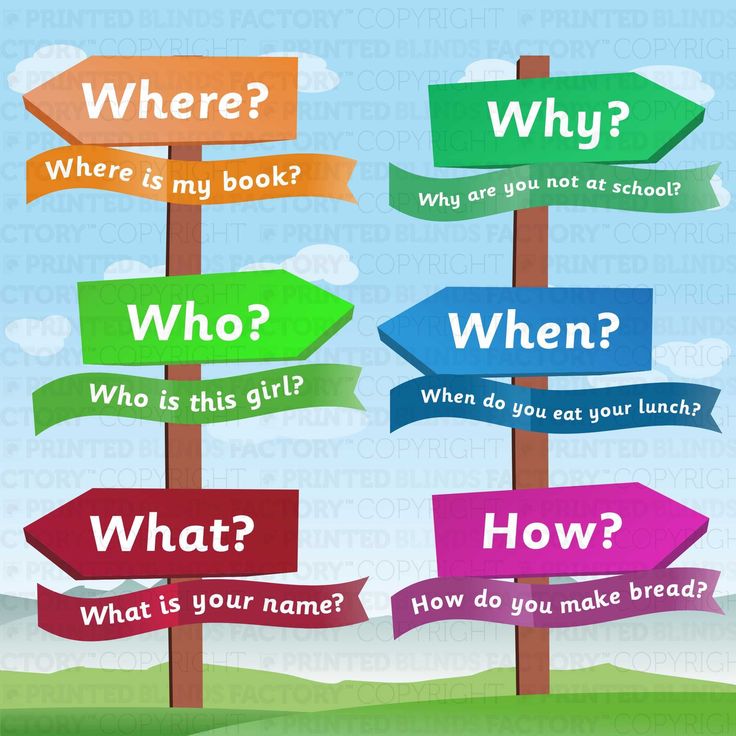 But you are not a teacher, but a member of the family. The child will not be able to be afraid of you from 10:00 to 12:00, and after that, fall in love sharply, forgetting all grievances. Learn to negotiate, not threaten. Help, not scold. Listen, not order to be silent. Explain again, and do not break down and scream. nine0088
But you are not a teacher, but a member of the family. The child will not be able to be afraid of you from 10:00 to 12:00, and after that, fall in love sharply, forgetting all grievances. Learn to negotiate, not threaten. Help, not scold. Listen, not order to be silent. Explain again, and do not break down and scream. nine0088
Remember yourself at school and remember those teachers who were unconditionally loved by all children - both excellent students and losers. Did you have such teachers? Such teachers achieve great success in teaching children thanks to humor, friendliness (not to be confused with familiarity), calmness, and a sense of tact. And such teachers from God can become your role model. And there is no need to take examples from evil.
16. Trust the assessment of knowledge to independent assessors
If you do not have a pedagogical education and you are not a pro in all school disciplines, then it is rather difficult to assess how much a child has mastered the material. Even if it’s not possible to organize permanent online lessons with experienced teachers, try at least occasionally to test teachers’ knowledge via Skype, conduct online tests, or invite tutors home (after the period of self-isolation is over). This will help you adjust your individual training program and avoid more serious mistakes. nine0004
Even if it’s not possible to organize permanent online lessons with experienced teachers, try at least occasionally to test teachers’ knowledge via Skype, conduct online tests, or invite tutors home (after the period of self-isolation is over). This will help you adjust your individual training program and avoid more serious mistakes. nine0004 17. Focus on activities that are interesting for the child
As a teacher, I will be honest: it is extremely stupid to demand perfect marks from children in all, all, all school disciplines. Do you remember everything you learned in school? Have you absolutely all this knowledge useful in life? Of course not! The accountant will do his job perfectly, not remembering the structure of pistils and stamens. Talented surgeons save lives, without a twinge of conscience confusing the spelling "tsya" and "tsya". Remember that the education of the child is necessary not only for general development, but, first of all, for productive work in the future. However, here it is also important to understand that hostility to the subject can be caused by incorrect presentation of the material. nine0004
However, here it is also important to understand that hostility to the subject can be caused by incorrect presentation of the material. nine0004 If you see that your child's eyes light up when learning foreign languages or during biology classes, then these disciplines should be emphasized. So you will help the child in choosing a profession. Don't set the bar too high for your studies. Has the child mastered the basics of an unloved discipline? That's fine! Doesn't make too big mistakes? Wonderful! Do not torture your child because of your selfish desire to brag to your friends about a brilliant and ideal student.
18. Show educational shows
There is an opinion that television is evil in the flesh. But is it? Of course, if you let the kids choose the channels, then the TV can go sideways. However, there are many top-notch TV projects that help children understand the most difficult aspects of science. Find such shows among TV channels or on the Internet, your child will be delighted with them.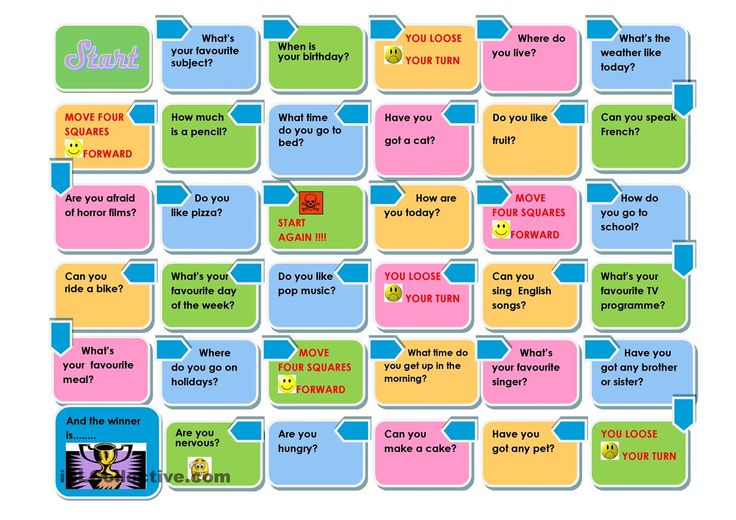 For example, there is the Da Vinci Kids channel, where you can find many educational programs for children.
For example, there is the Da Vinci Kids channel, where you can find many educational programs for children.
19. Create points of contact between disciplines
Give the child an example of the knowledge learned from different disciplines in any areas. This is useful for a number of reasons:1) Demonstration of the multifunctionality of the sciences. This is how you show your child that everything in nature is interconnected, that sciences do not exist separately from each other, but resemble puzzle pieces in a holistic picture of the world. The child understands that the knowledge he has gained is not some boring and useless information. All these lessons will help him in the most unexpected areas of life: from building a successful career to home economics. This will increase the incentive to study. nine0005
2) You will increase your authority. Any child is pleased to understand that his parent is a smart person who knows a lot and can teach a lot. Intelligibly explaining the structure of the universe, you will cause deep respect for you in children. And it's wonderful!
3) The brain creates additional "anchors" for memory. We learned this information in chemistry, here we applied it in a physics lesson, here it helped us in cooking, and here it came in handy in cleaning the house. Several "anchors" have been created, thanks to which the material will be remembered for a long time and will be better understood in different application examples. nine0005
Did you know that every person's house has a fascinating laboratory? I'm talking about the kitchen. Let's say you want to teach your child how to cook. Instead of just saying, “Add butter to pasta,” say, “Remember in physics class we learned about adhesion and friction? Due to adhesion, objects can stick together. And in chemistry, we learned that fats reduce friction. If pasta sticks together, what can we add to them? That's right, oil!
Wonderful ideas on how to use chemistry and physics in cooking can be found on a fun children's TV show called Gastro Blast.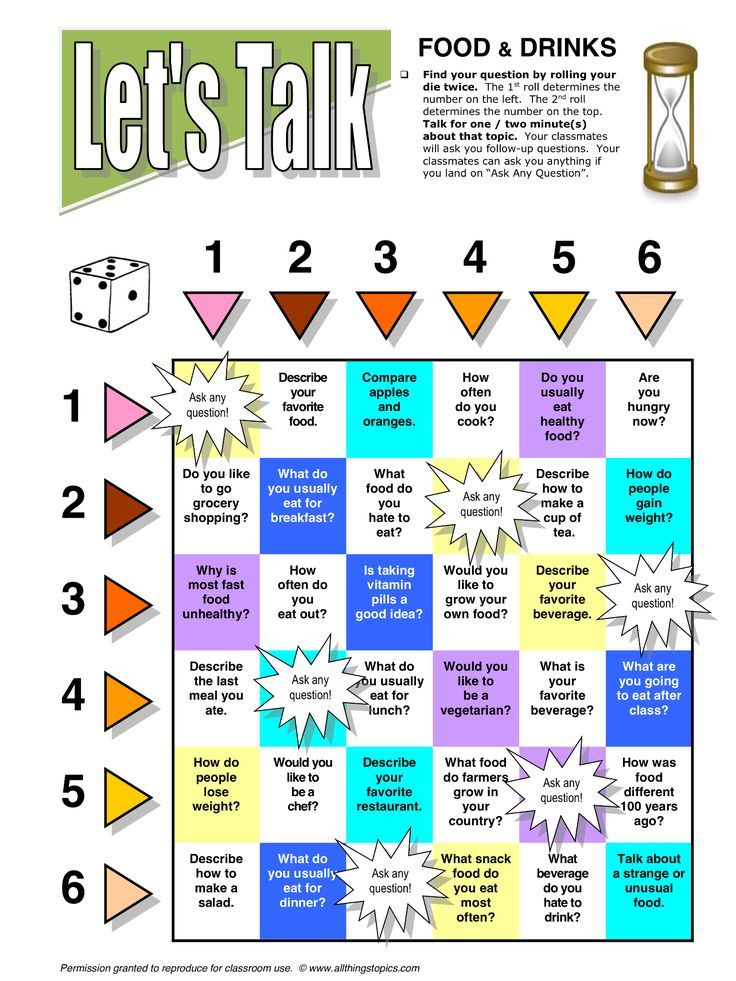 nine0088
nine0088
20. More gingerbread, less whips!
The picture below vividly shows the carrot and stick method in action. Here is your homework, dear parents: in which of the two options will the child cope with the lessons faster and better? When he chokes on tears in disheveled feelings, worried that his parents are ashamed of him? Or when he is in high spirits, because his beloved mother will play an interesting game with him?
However, with the choice of conditional "gingerbread" one must be extremely careful. If you promised something, then you should always keep your word or clearly explain why right now you will not be able to fulfill the promise. Psychologists and educators do not recommend motivating a child to study with financial rewards or expensive gifts. No need to cultivate rabid commercialism from an early age. nine0088
21. Move from theory to practice
The pedagogical experience of teachers of all times and peoples shows that learning is much more effective when children are shown the material, and not just mumbling about something completely incomprehensible. Remember, above we talked about developing programs? I strongly recommend to study those of them where fascinating experiments are carried out. For example, the show "Science: DIY" (with Steve Spangler) will help you understand the secrets of physics and chemistry through the example of scientific experiments. On the YouTube platform, you can also find a lot of interesting videos with experiments that can be done at home. nine0004 There are many experiments that do not require special equipment. For example, using an ordinary garbage bag, you can demonstrate Bernoulli's law ...
Remember, above we talked about developing programs? I strongly recommend to study those of them where fascinating experiments are carried out. For example, the show "Science: DIY" (with Steve Spangler) will help you understand the secrets of physics and chemistry through the example of scientific experiments. On the YouTube platform, you can also find a lot of interesting videos with experiments that can be done at home. nine0004 There are many experiments that do not require special equipment. For example, using an ordinary garbage bag, you can demonstrate Bernoulli's law ... A little plain tap water, a glass of starch - all you need to create an amazing non-Newtonian liquid that can be both solid and liquid! An excellent experience for studying the aggregate states of things.
Does your child like to make things with his own hands? Do you want to decorate his children's room? Then get a bottle of vegetable oil and a bag of food coloring from the kitchen cabinet, grab the effervescent tablets from the first aid kit. They will help you create an amazing lava lamp! nine0005
Just be sure to remember the safety rules. It is not necessary to repeat absolutely all experiments if you see that they can turn sideways. You do not want to do a major overhaul of the house after the scientific research of your child. Always be present next to the child during the experiment.
Some children are prescribed home schooling for medical reasons, and it also happens that wealthy parents decide that their offspring should study at home, surrounded by private teachers. But today we considered a situation where homeschooling falls on the head of parents unplanned, for example, if a child breaks a leg or a long quarantine is declared at school. In such a situation, parents are lost, there is usually no opportunity to hire private teachers in all subjects, but the child needs to learn somehow. nine0088
The school curriculum is quite simple, any child can master it.There are no stupid children!
